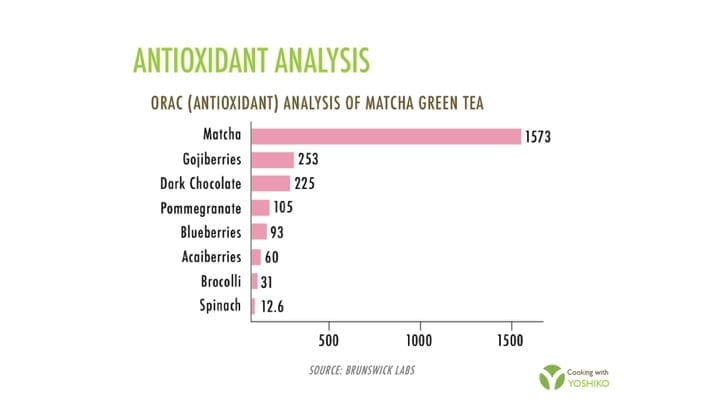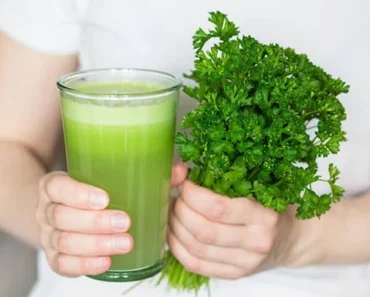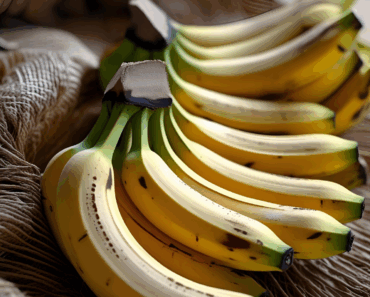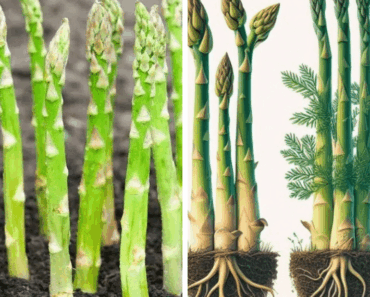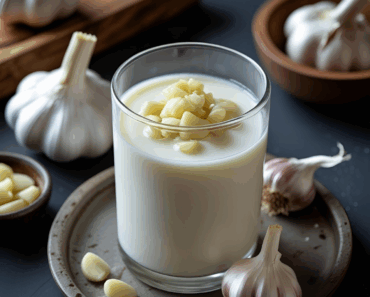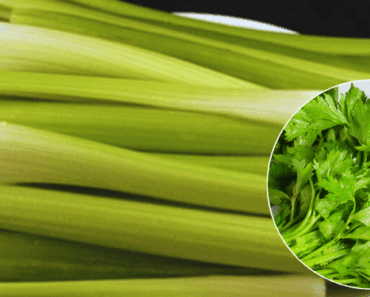Antioxidants are compounds that protect our cells from damage caused by free radicals—unstable molecules that contribute to aging and the development of chronic diseases such as cancer, heart disease, and neurodegenerative disorders. While fruits often steal the spotlight for their antioxidant content, vegetables are equally, if not more, important sources of these health-promoting compounds. This article explores the vegetables richest in antioxidants, the science behind their benefits, and how to incorporate them into your daily diet.
Antioxidants neutralize free radicals, preventing cellular damage and reducing inflammation. Consuming a diet high in antioxidants is associated with a lower risk of chronic diseases, improved immune function, and slower aging. Vegetables provide a diverse array of antioxidants, including vitamins C and E, carotenoids, polyphenols, and unique phytochemicals.
Scientists use several laboratory assays to measure antioxidant capacity, including the Oxygen Radical Absorbance Capacity (ORAC), Trolox Equivalent Antioxidant Capacity (TEAC), and Ferric Reducing Antioxidant Power (FRAP). These tests help rank vegetables by their antioxidant potential, though real-world benefits depend on how well these compounds are absorbed and used by the body.
1.
Artichokes are among the highest-ranking vegetables for antioxidant content. They are particularly rich in chlorogenic acid, a compound linked to reduced risk of certain cancers, type 2 diabetes, and heart disease. The way artichokes are prepared can influence their antioxidant levels, with steaming preserving more antioxidants than boiling347.
: Chlorogenic acid, vitamin C, polyphenols
: Heart health, liver support, anti-inflammatory properties
2.
is consistently ranked high in antioxidant capacity, containing significant amounts of lutein, zeaxanthin, vitamin C, and beta-carotene. These compounds support eye health and protect against oxidative stress57.
, especially red varieties, is loaded with antioxidants such as anthocyanins and flavonoids. Kale also provides vitamins A, C, and K, making it one of the most nutrient-dense vegetables available35.
: Lutein, zeaxanthin, beta-carotene, anthocyanins
: Eye health, immune support, reduced inflammation
3.
contains glucosinolates, sulforaphane, and indole-3-carbinol—compounds with potent antioxidant and anti-cancer properties. Cooking broccoli increases its nutrient density, especially when steamed or lightly cooked48.
are tiny but mighty, packed with antioxidants, fiber, and vitamins. They have been shown to provide anti-cancer benefits, improve heart and gastrointestinal health, and help control blood sugar levels48.
is rich in vitamin C and anthocyanins, which give it its vibrant color and strong antioxidant capacity. These compounds help reduce inflammation and protect against heart disease and certain cancers34.
: Glucosinolates, sulforaphane, anthocyanins, vitamin C
: Cancer prevention, heart health, immune support
4.
Beets are a great source of betalains, a group of antioxidants responsible for their deep red color. Betalains have been linked to reduced risk of colon and digestive tract cancers, as well as anti-inflammatory and detoxifying effects. Beets also provide folate, potassium, and vitamin C34.
: Betalains, vitamin C
: Anti-cancer, blood pressure regulation, athletic performance
5.
are rich in beta-carotene, which the body converts into vitamin A, a powerful antioxidant. They also contain anthocyanins, especially in purple varieties, which add to their antioxidant profile.
, especially when baked, are surprisingly high in antioxidants, primarily due to their skin, which contains a variety of polyphenols17.
: Beta-carotene, anthocyanins, polyphenols
: Eye health, immune support, anti-inflammatory
6.
Beans, including small red beans, kidney beans, black beans, and pinto beans, are among the top plant-based sources of antioxidants. They are rich in polyphenols and a specific antioxidant called kaempferol, which has anti-inflammatory and anti-cancer properties1357.
: Polyphenols, kaempferol
: Heart health, blood sugar regulation, cancer prevention
7.
Asparagus is another vegetable with high antioxidant capacity, containing glutathione, vitamin E, and various polyphenols. These compounds help protect cells from oxidative damage and support detoxification15.
: Glutathione, vitamin E, polyphenols
: Detoxification, immune support
8.
Red and orange bell peppers are higher in antioxidants than their green counterparts. They are loaded with vitamin C (more than oranges), vitamin A, and unique bioactive compounds like capsanthin, which is linked to reduced inflammation and cholesterol4.
: Vitamin C, capsanthin, beta-carotene
: Immune support, skin health, anti-inflammatory
9.
Garlic contains sulfur compounds, such as allicin, which have potent antioxidant and anti-inflammatory effects. Onions, especially red onions, are rich in quercetin, a flavonoid with strong antioxidant properties5.
: Allicin, quercetin, sulfur compounds
: Heart health, anti-cancer, immune support
10.
Avocado is unique among vegetables for its high content of vitamin E, carotenoids, and polyphenols. It supports heart health, reduces inflammation, and helps the absorption of other fat-soluble antioxidants1.
: Vitamin E, carotenoids, polyphenols
: Heart health, anti-inflammatory, nutrient absorption
-
: High in beta-carotene, supporting eye and immune health1.
-
: Contain anthocyanins and vitamin C, contributing to their antioxidant capacity1.
-
: Provides vitamins A, C, and K, and has been linked to reduced risk of diabetes and heart disease4.
| Vegetable | Key Antioxidants | Notable Benefits | Antioxidant Capacity (ORAC/100g) |
|---|---|---|---|
| Artichoke (steamed) | Chlorogenic acid | Liver, heart health | 7,904 |
| Small red beans | Polyphenols | Heart, blood sugar | 13,727 |
| Spinach (raw) | Lutein, zeaxanthin | Eye, immune health | 1,056 |
| Kale | Anthocyanins, flavonoids | Immune, anti-inflammatory | High |
| Broccoli (cooked) | Sulforaphane, vitamin C | Anti-cancer, heart health | 1,000+ |
| Brussels sprouts | Glucosinolates | Cancer prevention | 1,300+ |
| Beets | Betalains | Blood pressure, anti-cancer | 1,680 |
| Red bell pepper | Vitamin C, capsanthin | Immune, anti-inflammatory | 1,000 |
| Sweet potato | Beta-carotene | Eye, immune health | 902 |
| Garlic | Allicin, sulfur compounds | Heart, immune health | High |
*Values are approximate and can vary by preparation and variety.
1.
Vegetables high in antioxidants lower the risk of chronic diseases by reducing oxidative stress and inflammation. Regular consumption is linked to a reduced risk of heart disease, certain cancers, and cognitive decline135.
2.
Vitamins C and E, found abundantly in many vegetables, enhance immune function and help the body fight infections.
3.
Carotenoids like beta-carotene, lutein, and zeaxanthin support vision and protect against UV damage.
4.
Many antioxidant-rich vegetables are also high in fiber, promoting gut health, regulating blood sugar, and supporting weight management.
-
: Include a variety of colorful vegetables daily to benefit from a broad spectrum of antioxidants.
-
: Steaming and sautéing can preserve or even enhance antioxidant levels in some vegetables, while boiling may cause losses.
-
: Add them to salads, soups, and stews for a fiber and antioxidant boost.
-
: The skins of potatoes and carrots are often richest in antioxidants.
-
: Both forms retain high antioxidant content; frozen vegetables are picked at peak ripeness.
Conclusion
Vegetables are a cornerstone of a healthy, antioxidant-rich diet. Artichokes, spinach, kale, broccoli, Brussels sprouts, beets, beans, bell peppers, and more offer a wide array of antioxidants that protect against disease and promote overall well-being. By regularly including a variety of these vegetables in your meals, you can harness their powerful health benefits and support a longer, healthier life134578.
Citations:
- https://www.stjohns.health/documents/content/top-20-foods-high-in-antioxidants.pdf
- https://pmc.ncbi.nlm.nih.gov/articles/PMC2841576/
- https://www.healthline.com/nutrition/foods-high-in-antioxidants
- https://www.eatthis.com/antioxidant-rich-fruits-vegetables/
- https://consensus.app/questions/foods-with-highest-antioxidants/
- https://retinafoundation.org/wp-content/uploads/2016/02/Antioxidants-in-Foods.pdf
- https://www.webmd.com/diet/features/antioxidant-superstars-vegetables-and-beans
- https://www.medicalnewstoday.com/articles/323319

